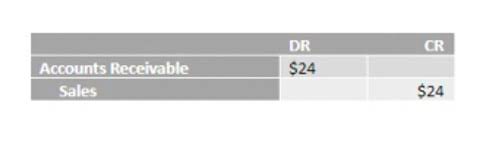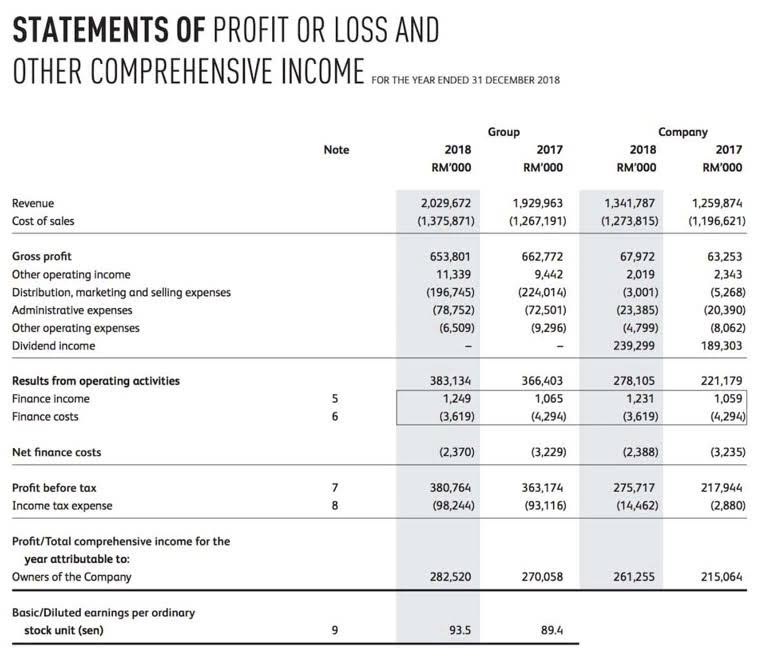
It’s a good idea to diversify your income streams so that you are not so dependent on a single source of income. Explore additional income opportunities such as facility rentals, fundraising events, grants, or business ventures that align with the church’s mission. This helps stabilize cash flow and fund long-term projects. Church budgets are needed to continue the church’s mission and grow to reach a larger community. When creating a budget, leaders must ask how the church will raise and spend funds.

Step 4: Set Priorities
However, there are times that flexibility is needed for a crisis or major unexpected opportunit. Below is one example of wise stewardship in the face of a crisis. On October 9, 2017, my family was living in Santa Rosa, California when we were unexpectedly evacuated due to the Tubbs Fire. Thinking we had lost everything, we headed to our church, New Life Christian Fellowship, in the middle of the night. As news broke of the devastation, church leadership immediately set up a shelter that operated 24 hours for over a week. I am not sure of the actual cost, but the real costs were probably tens of thousands of dollars for the church.
Emergency Fund
Don’t forget any special income streams, like fundraising events and grants, as well as rental income or investments. While budgeting and financial planning are crucial to your how to create a church budget church’s financial health, each serves a different purpose. After over twenty years of church leadership experience, I’ve seen firsthand that church financial stability begins with the budget. Read THIS to get a solid grounding in this fundamental skill… The church needs an annual audit or review of the finances and to file a tax return.
- They could adjust or increasethe yearly limit to meet other planned maintenance projects, or again ask the church for donations in this area.
- Throughout the Bible, we are asked to fund missionary work, pay our church leaders and ministry, and give to the poor.
- If you notice discrepancies or unexpected expenses, don’t hesitate to make adjustments.
- Your church should keep other reserves to cover unexpected maintenance costs if possible.
- The other is when a church has spent more than they’ve brought in.
- Now that you’re familiar with church budgeting best practices, you can confidently, with faith and wisdom, take charge of your church’s financial future.
- Providing education on budgeting and financial stewardship can empower your congregation to understand the church’s financial needs better.
Your Budget Is a Tool for Prayer
Proper management and financial controls are essential for the church to maintain transparency and accountability. It will ensure compliance to local and federal tax laws, which is required to maintain your charitable status. If you don’t know a lot about managing church finances, then make sure you have the right people at the table who can inform you about these best practices. Churches need budgets to continue their mission and grow to reach a larger community. When creating a budget, church leaders should ask how the church will raise and spend funds. When making budgeting decisions, the bible includes many verses to show you the way.

- I don’t think I realized when I first got into ministry just how much of my time would be spent on the administration of the church.
- When allocating expenses for operational purposes, consider historical data, projected needs, and any upcoming changes or developments in the church’s operations.
- You want all of the information in this template so it’s as complete as possible.
- Here are a few tips to ensure a good income through fundraising for your church.
- When questions come up about spending, you will be able to see if the expense will help you accomplish your goals or whether it will take away from your goals.
- This is a good time to introduce benevolence or other projects into the equation.
Remember to communicate your budget goals with your church members and stakeholders to build trust and transparency. Now that we’ve set up guidelines and identified the types of budget categories, it’s time to create your church budget. Remember, budgeting is a journey, and it’s okay to seek direction and support along the way as you steward your church’s resources with wisdom and faithfulness. An emergency fund or financial reserve is money put aside for emergencies, unexpected expenses, and future investments. Build and maintain reserves to weather financial challenges, seize growth opportunities, and sustain retained earnings the church’s mission and ministries over the long term. Involve church leaders, finance committee members, and relevant staff in your budgeting process.


More than your website, more than your https://www.bookstime.com/ glossy brochures, more than what you say you value. And that means that moving toward a healthier church will necessarily involve moving toward a healthier church budget. The wise and discerning pastor/leader of God’s church – your church – does all they can to be the best stewards in budgeting His resources. To the extent that a church’s line item is less than recommended in one area, that allows the church to allocate more in another area. A budget shows you how you plan to spend your money BEFORE you spend it.2.
Kommentare von fouad